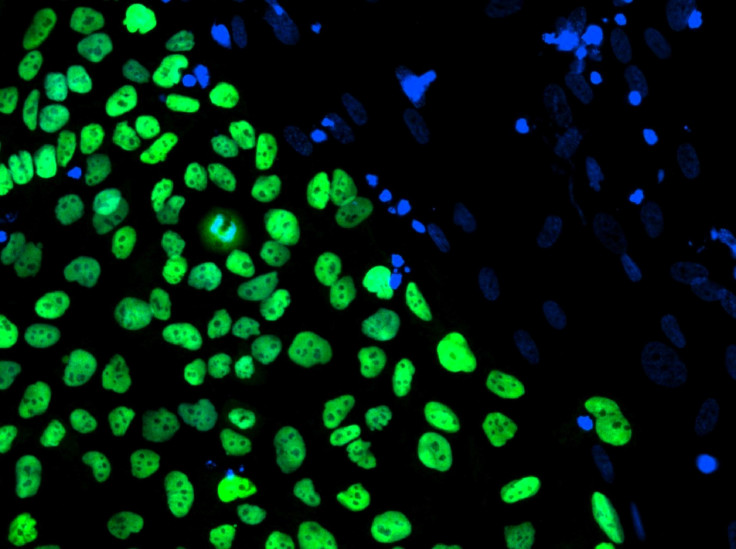Scientists Demonsrate How to Reset a Diseased Cell

Researchers attempted to adjust cell behaviours by engineering the communication pathways within the cell. This research intervention is said to reset extensive parts of the cells’ signals, instead of a single receptor only.
The study published in the Proceedings of the National Academy of Sciences aims to be of great contribution to future scientific discoveries, such as drug or gene therapies that could halt diseases involving impaired cell signal networks. "Our study shows the feasibility of targeting a hub in the cell signaling network to reset aberrant cell signaling from multiple pathways and receptors," said Pradipta Ghosh, MD, senior author and an associate professor of medicine.
The researchers from the University of California San Diego, School of Medicine conducted the research by manipulating two protein peptide fragments to inhibit or activate activities in a class of proteins known as G proteins. This type of proteins usually coats the cell surface, allowing them to perceive and react to the ongoing processes around it. Because of this ability, 30 percent of prescription drugs act upon cells through the receptors of G proteins.
In addition, the scientists also discovered that aside from the cell membrane, G proteins can also be stimulated from within the cells through other receptors, such as GIV protein. This receptor is most commonly associated with cancer metastasis. The composition of the peptides’ “on” and “off” switches are mainly GIV protein receptors.
The researchers performed a series of cell cultures, which involved the investigation of the peptides’ “on” and “off” switches. It was found that the “on” switch enhanced the cells' capability to move after a scratching or wounding incident. In fact, skin wounds healed swifty following the application of topics “on” peptides. Conversely, the “off” switch dropped the strength of the cancer cells and minimise collagen production involved in liver fibrosis. "The takeaway is that we can begin to tap an emerging new paradigm of G protein signaling," Ghosh closed.
To contact the writer, email rinadoctor00@gmail.com





















